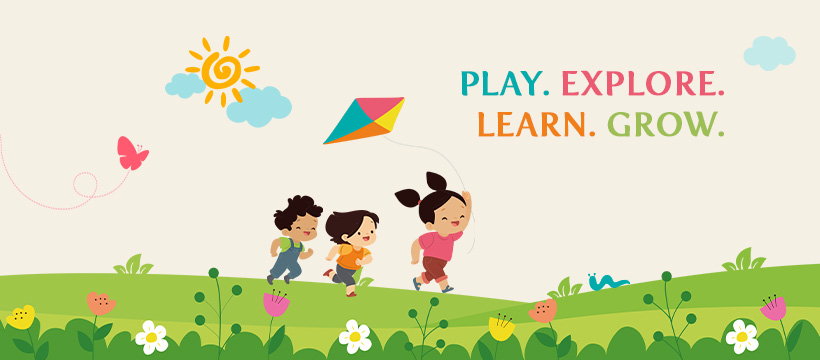In traditional education systems, assessment and evaluation often revolve around standardised testing, grades, and ranking students based on performance. However, Montessori education takes a different approach, focusing on holistic development, individualised learning, and continuous progress.
This article explores how assessment and evaluation in Montessori move beyond traditional testing methods, embracing a more comprehensive and child-centred approach to measuring learning outcomes.
The Montessori Philosophy Of Assessment:
At the heart of Montessori education is the belief that every child is unique, with their own interests, strengths, and learning styles. Dr Maria Montessori emphasised the importance of observing and understanding each child's development rather than relying solely on standardised measures of achievement. In the Montessori classroom, assessment is an ongoing process that takes place through careful observation, documentation, and reflection.
Observation-Based Assessment:
One of the primary methods of assessment in Montessori education is observation. Montessori teachers, such as teachers in reputed Montessori preschools in Gurgaon, pay close attention to the students as they engage with materials, interact with peers, and explore their environment. Through observation, teachers gain valuable insights into children's interests, abilities, and growth areas. This information informs instructional decisions, allowing teachers to tailor their approach to each child's specific needs.
Documentation And Reflection:
In addition to observation, documentation plays a crucial role in assessment and evaluation in Montessori. Teachers use various tools, such as journals, photographs, and anecdotal records, to capture children's learning experiences and progress over time. These documentation practices provide a record of children's achievements and encourage teachers to reflect on their practice and continuously improve their teaching methods.
Individualised Learning Plans:
One of the key principles of Montessori education is individualised learning. Rather than expecting all children to meet the same benchmarks at the same time, Montessori educators recognise that each child learns at their own pace and in their own way. Assessment in Montessori involves developing individualised learning plans based on each child’s unique strengths, interests, and areas for growth. These plans outline specific learning goals and strategies to support children in achieving them.
Progress Reports And Parent Communication:
Effective communication between parents and teachers is crucial for student success in Montessori education. In addition to formal progress reports, which may be provided periodically throughout the year, Montessori teachers, such as teachers in reputed Montessori preschools in Gurgaon, maintain open lines of communication with parents through parent-teacher conferences, newsletters, and informal updates. This collaborative approach ensures that parents are seamlessly involved in their child’s education.
Assessment Of Non-Academic Skills:
In Montessori education, assessment goes beyond academic achievement to include developing non-academic skills such as social-emotional skills, executive function, and practical life skills. Montessori educators recognise the importance of nurturing the whole child and assess children's progress in areas such as communication, collaboration, problem-solving, and self-regulation. This holistic approach to assessment ensures that children are well-prepared for success in school and in life.
Moving Beyond Grades:
Unlike traditional education systems, which rely heavily on grades and standardised testing, Montessori education emphasises the learning process rather than the end result. Assessment in Montessori focuses on growth, progress, and mastery of skills rather than on assigning grades or comparing children to their peers. By moving beyond grades, Montessori educators create a supportive environment where children feel empowered and learn from their experiences.
Final Thoughts
Assessment and evaluation in Montessori education are deeply rooted in the philosophy of individualised learning, continuous progress, and holistic development. Through observation, documentation, individualised learning plans, progress reports, and assessment of non-academic skills, Montessori educators gain valuable insights into each child's unique strengths, interests, and areas for growth. Montessori education prepares children to thrive academically, socially, and emotionally in an ever-changing world by moving beyond traditional testing methods and embracing a more comprehensive approach to assessment.

